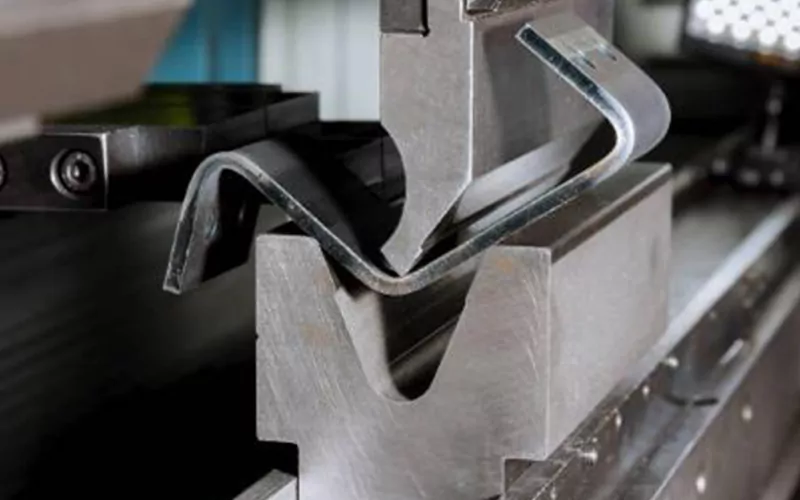<!DOCTYPE html>
cnc metal fabrication
Let's look at the key words in this article cnc metal fabrication.
When it comes to metal fabrication, CNC machining has revolutionized the industry with its numerous advantages. CNC (Computer Numerical Control) machining is a process that utilizes computerized controls to operate and manipulate machine tools. In this article, we will explore the key advantages of CNC machining in metal fabrication and how it has transformed the manufacturing landscape.

Increased Precision and Accuracy
One of the major advantages of CNC machining in metal fabrication is the unparalleled precision and accuracy it offers. With the use of advanced computer controls, CNC machines can perform intricate operations with incredible accuracy, ensuring consistent and high-quality results. The ability to precisely control the movement of the machine tools allows for the creation of complex and intricate metal parts that would be nearly impossible to achieve manually.
For example, CNC machining can produce parts with tight tolerances, ensuring a perfect fit and eliminating the need for additional manual adjustments. This level of precision is crucial in industries such as aerospace and medical, where even the slightest deviation can have significant consequences.
Improved Efficiency and Productivity
CNC machining also offers significant improvements in efficiency and productivity compared to traditional manual methods. Once the CNC program is set up, the machine can operate continuously without the need for constant human intervention. This allows for faster production times and increased output.
Furthermore, CNC machines can perform multiple operations simultaneously, reducing the overall production time. For example, a CNC machine can simultaneously drill, mill, and turn a metal part, eliminating the need for separate machines and reducing the time required to complete the manufacturing process.
Cost Savings
Another key advantage of CNC machining in metal fabrication is the potential for cost savings. While the initial investment in CNC machines may be higher compared to traditional machines, the long-term benefits outweigh the initial costs.
With CNC machining, there is a reduced risk of human error, resulting in fewer defective parts and less material waste. Additionally, the increased efficiency and productivity of CNC machines lead to faster production times, allowing manufacturers to meet deadlines and fulfill orders more quickly. This can result in cost savings through reduced labor costs and increased customer satisfaction.
Flexibility and Versatility
CNC machining offers unparalleled flexibility and versatility in metal fabrication. With the use of computer programs, manufacturers can easily modify and adapt the machining process to accommodate design changes or produce different parts. This eliminates the need for expensive tooling changes and reduces downtime between production runs.
Furthermore, CNC machines can work with a wide range of materials, including various metals, plastics, and composites. This versatility allows manufacturers to cater to different industries and customer requirements, expanding their market reach and potential revenue streams.
In conclusion, CNC machining has revolutionized the metal fabrication industry with its key advantages of increased precision and accuracy, improved efficiency and productivity, cost savings, and flexibility. By harnessing the power of computerized controls, manufacturers can achieve consistent and high-quality results, reduce production times, and adapt to changing market demands. As technology continues to advance, CNC machining will undoubtedly play a crucial role in shaping the future of metal fabrication.